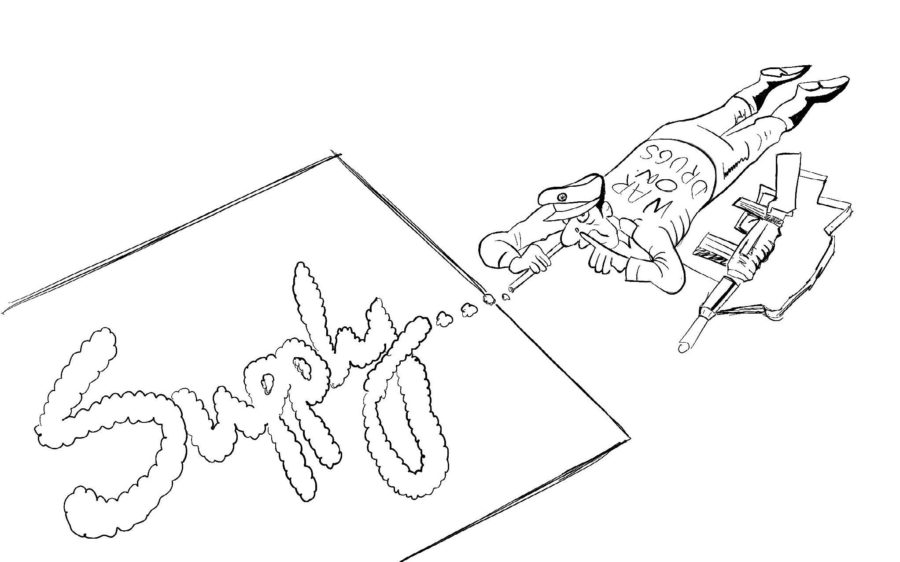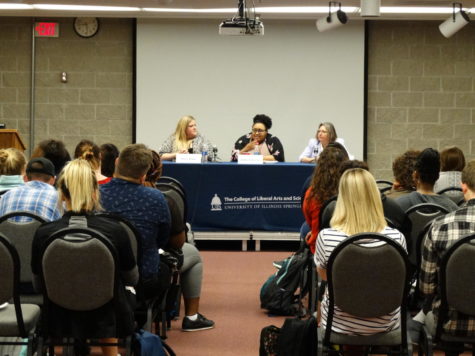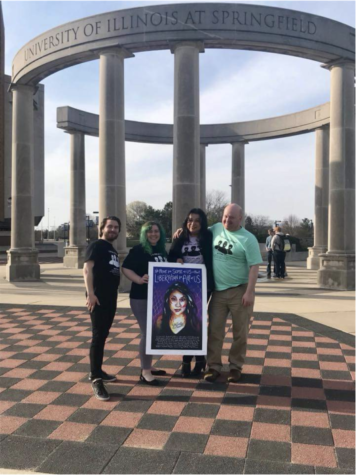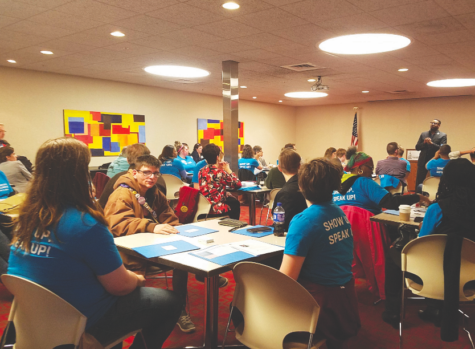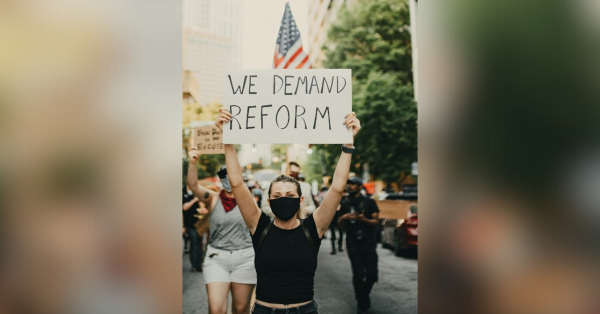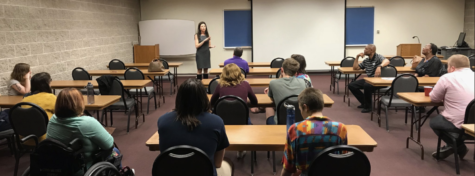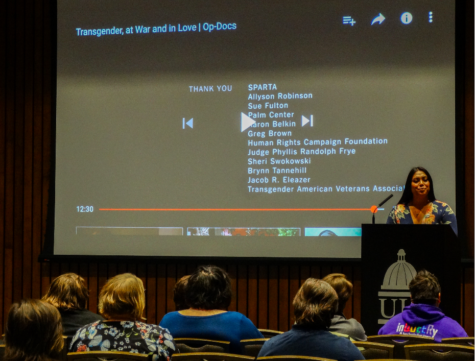LEAP seeks to alleviate impact from the war on drugs
Law enforcement veteran Major Niell Franklin introduced an organization dedicated to solving issues related to the war on drugs during a recent ECCE Speaker Series event.
The organization, called the Law Enforcement Action Partnership (LEAP), defends human rights and advocates for the regulation and control of drugs.
Co-sponsored by Springfield Dominican Sisters, the event was called “The Failure of the War on Drugs: Finding Humanity in an Unjust System,” and it was held on March 21.
According to the Speaker Series section of the UIS website, Franklin has served as the executive director of LEAP and has worked in law enforcement throughout his life. He has served as an officer for the Baltimore Police Department and as a narcotics agent with the Maryland State Police.
During his service, Franklin’s belief in fighting the drug war was changed after the mayor of Baltimore stated that the drug war was ineffective and failing.
At the event, Franklin explained that the war on drugs created more problems than it solved, including a rise in gang culture, mass incarceration, and racial disparities across the United States.
Further, Franklin provided insight about important historical events and how they came into play with the war on drugs.
During the Vietnam War, for instance, many servicemen were given illegal substances to perform well during their service; however, the veterans struggled to adjust back to civilian life because of their addiction to the illegal drugs to which they were subjected.
The Vietnam War also created racial tensions which resulted in the Civil Rights Movement, accompanying the racial disparities seen today.
The nonprofit organization, LEAP, seeks to solve the problems stemming from the war on drugs by uniting and mobilizing the voice of law enforcement in support of drug policies and criminal justice reforms that will make communities safer by focusing law enforcement resources on the greatest threats to public safety, promoting alternatives to arrest and incarceration, addressing the root causes of crime, and working toward healing police-community relations, according to the LEAP website.
The LEAP organization believes that the end to the war on drugs lies beyond the criminal justice system and looks for solutions where human rights are protected, while also reducing drug violence and addiction in communities across the nation.
Franklin shared some solutions, including the harm reduction model, that LEAP implements in order to fulfill their mission of reducing the harm associated with drug use and ineffective drug policies.
Harm reduction offers a set of strategies with the goal of reducing the negative consequences associated with drug use. Such strategies include implementing drug treatment and drug policies that allow individuals to seek help rather than face punishment as a result of their addiction.
Ivette Ortiz, a UIS senior studying criminal justice, found the event to be very informative and educational. “The presenter shared a lot of information about how the war on drugs has been unsuccessful and discussed ways to change the climate regarding drug abuse,” Ortiz said.
The next Speaker Series event will be held on April 4 at 7:30 p.m. in Brookens Auditorium and will approach the topic of immigration policy.



